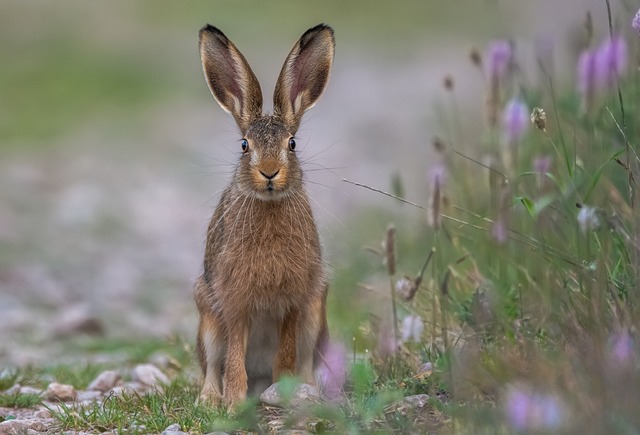Creating a Balanced Diet for Your Pet Rabbit
As a responsible pet owner, providing your rabbit with a well-balanced diet is crucial for their overall health and wellbeing. Rabbits are herbivores, meaning they primarily feed on plant-based foods, and their dietary needs can be complex to meet. In this article, we will explore the key elements of creating a balanced diet for your pet rabbit, including the types of food, nutritional requirements, and tips for meal planning.
Understanding Rabbit Nutrition
Rabbits have specific nutritional needs that are different from those of humans and other animals. Their digestive system is designed to break down and extract nutrients from high-fiber plant material, such as grasses, hay, and vegetables. Rabbits also require a source of protein, vitamins, and minerals to maintain optimal health.
Key Nutrients for Rabbits
* Fiber: 80-90% of rabbit’s diet should consist of fiber-rich foods like hay and grass.
* Protein: 10-15% of daily calories should come from high-quality protein sources like pellets, fresh veggies, and fruits.
* Calcium: essential for bone health, with a recommended intake of 1.5-2.0% of body weight per day.
* Vitamin D3: crucial for calcium absorption and bone growth.
Types of Food for Rabbits
* Hay: high-fiber food that should make up the bulk of your rabbit’s diet (80-90%).
* Pellets: nutrient-rich food that provides a balanced mix of vitamins, minerals, and protein.
* Fresh Veggies: a variety of dark leafy greens like kale, spinach, and collard greens provide essential nutrients.
* Fruits: limited amounts can be given as treats, but avoid giving too much as they are high in sugar.
Meal Planning Tips
* Provide fresh water at all times.
* Rotate veggies daily to ensure a varied diet.
* Offer hay and pellets as a constant source of fiber and protein.
* Limit treats to 10% or less of total diet.
* Consider your rabbit’s age, health, and activity level when planning meals.
Common Dietary Mistakes
* Over-reliance on fresh veggies, which can lead to nutrient deficiencies.
* Insufficient hay intake, causing digestive issues.
* Giving too many treats, contributing to obesity and other health problems.
* Ignoring your rabbit’s individual needs and preferences.
Creating a balanced diet for your pet rabbit requires careful consideration of their nutritional needs and dietary requirements. By providing high-quality food sources like hay, pellets, fresh veggies, and limited fruits, you can ensure your rabbit stays healthy and happy. Remember to rotate veggies daily, provide fresh water at all times, and limit treats to maintain a well-rounded diet.
- Know the nutritional needs of rabbits
- Provide high-quality food sources like hay and pellets
- Offer a variety of fresh veggies each day
- Limits fruits to 10% or less of total diet
- Rotate veggies daily to ensure a varied diet
- Limit treats to maintain a well-rounded diet
- Avoid common dietary mistakes like over-relying on fresh veggies or insufficient hay intake.
Tags:
- Rabbit Diet Tips
- Pet Rabbit Nutrition
- Balanced Diet for Rabbits
- Rabbit Meal Planning
- Rabbit Care and Nutrition

